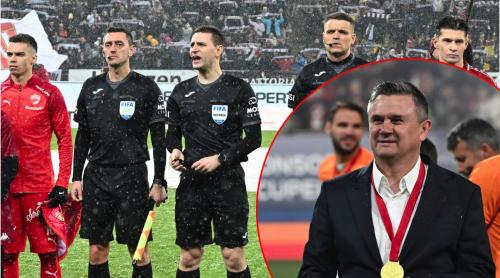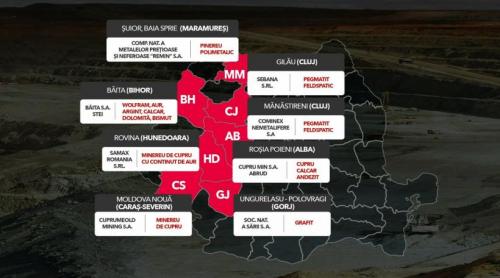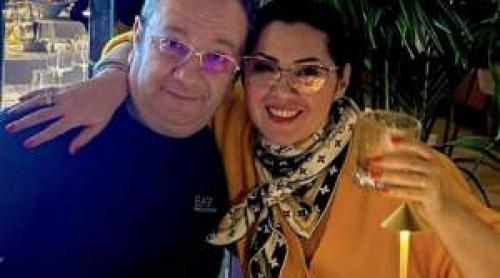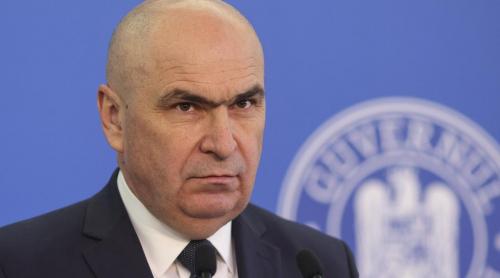
The coach drivers, the quick-money-transfer services and the banks try to insinuate themselves into the favor of the Romanians abroad in order to get their money home, a sum estimated at 3.5 billion euros. CEC is attacking this market with a small commission and an extended network.
In the market dominated by the quick-money-transfer companies, Western Union and Moneygram are starting to feel their new competitors. The Governor of the National Bank of Romania, Mugur Isarescu, has recently estimated the sum that the Romanians abroad sent home in 2005 at 3.5 billion euros. However, only a small part of money comes through the financial-banking channels. The coach drivers hold an important quotation in the market. The increase in the number of the Romanian communities has drawn the attention of the banks. As a tendency, it can be observed that the foreign banks in Romania have special services for the money transferred from the countries in their international network. In the same time, several banks have come with precise solutions for the countries in which there are important Romanian communities. These transfers take more than the 10 minutes promised by the specialized companies, but not more than two work days. The advantage is that the banks have much smaller commissions.OPPORTUNITY
The development of the quick-transfer services have been favored in Romania by the complex procedure regarding the initiation of a banking account in a foreign currency, as well as by the long periods, which get to weeks sometimes, necessary for cashing a check. This was mainly the situation for a good period of time after the 90s. The quick-money-transfer services came as a salvation.FACTORS
Two important events will influence the market in the following years. The 2007 integration will simplify the Romaniansâ trips to their work places abroad. This means an increase in the sums sent home for at least two more years. The free movement of the workforce will be valid after at least two to seven years from the integration. Each state in the EU will take a decision regarding this matter. At that moment, many Romanians will take their families with them and the sums sent home would decrease severely.ALL SPEED AHEAD
A very important movement comes from CEC. It will be a strong competitor in the quick-money-transfer market, with a commission of 4-5% of the transferred sum and an extended network for collecting and distributing the money. In 400 CEC units, the clients will be able to choose if they want to receive the sums in lei or in another foreign currency. For the other agencies, 1,000, the bank guarantees the settling in the same period of time but only in the national currency. Until the end of the year, there will be more than 80 agencies, which are to receive the money to be sent in the country, in the Romanian communities abroad. At the middle of next year, their number will be 220. "From the technical point of view, the deadline for the initiation of the service will be the 24th of November. We expect to make the first transfers at the beginning of December, the decay being caused only by the time needed to sent the information about the new services in the international media where we will function", Cristian Tudorancea, the CEC vice-president, stated. The advertising modalities taken into consideration are the "outdoor" campaigns, the national roads, the national and international written press as well as the direct sale. "In the same time we are thinking of associating the offer of this new product with the great companies that provide national services, TAROM (the Romanian Airways) and CFR (the Romanian Railways)", Tudorancea states. The CEC Quick Transfer Service targets a presence in the specific market of approximately 5% in the first year, and a third of this market in the following three years. "Our ambition target mainly the definition of the CEC quick transfer as a product preferred by the Romanians that send money into the country", Tudorancea stated.FROM THE ITALIANS
Italo Romena Bank has developed a product for the Romanians living in Italy who want to send money back home. The No Frontiers Account permits them to send and receive money fast with low costs between Romania and Italy. The account is available at the banks that are part of the group: Veneto Banca, de Banca di Bergamo, de Banca Meridiana and de Banca del Garda. They apply a fixed quarterly commission of 9 euros. This money include 120 operations every year (30 for each quarter), 12 checks, a monthly accounts current, two cards (a Yellow Card and a Blue Card) or a credit card (Four-Leaf Clover embossed Visa or Visa Electron) as well as a deposit for the administration of the savings in titles and funds.FROM THE FRENCH
The Societe Generale clients in France transfer money in Romania using the phone, in the accounts of the "sister" bank BRD-Group Societe Generale. The service is called i-Transfert. The transfer takes two workdays and the money come in a card account in Euro, opened at BRD, which can also be administrated online. The service is available for the current Euro accounts as well. The client in France pays a subscription of 25 euros per year and has the right to make two transfers each month, with a maximum value of 600 euros each. There is an extra fixed commission of 10 euros for each transfer.THE SPANISH
The Romanians in Spain can send money back home through "la Caixa". The money can be withdrawn in Romania in the same day. The Romanian partner banks are BRD Groupe Societe generale and Raiffeisen Bank Romania. The applied commission is 15 euros if the person that sends the money is a client of the Spanish bank and 20 euros for the occasional sending of the money. In case he is a client, he can go for an international transfer card with which the sending of the money can be made at any time using the more than 7,000 available ATMs. The "la Caixa" network has more than 4,500 offices. The money is sent into a card account in lei or in euro. In the present, there is a possibility for the beneficiary to get the money "cash" from BRD.Translation by Sorin Balan
Citește pe Antena3.ro


















